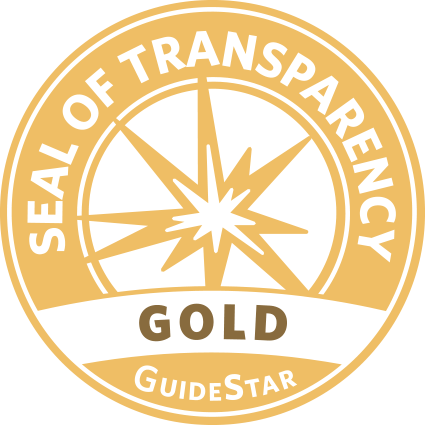The Land Title Association of Mississippi is a nonprofit organized as a 501(c)6 under the U.S. Internal Revenue Service.
Contributions or gifts to the Land Title Association of Mississippi are not tax-deductible as charitable contributions for federal income tax purposes. However, they may be deductible business expenses under other provisions of the Internal Revenue Code. Please consult your tax advisor.
Our financial records, like all nonprofit organizations, are required by law to be available for public inspection. If you would like to view our required public disclosures (Form 990), please visit our page on Guidestar by clicking here.
Introduction
The 501(c)(6) tax status allows organizations – including the Land Title Association of Mississippi – to engage in unlimited amounts of lobbying. While we are not subject to restrictions on the quantity of lobbying we do, we must still abide by certain IRS rules and requirements. Most significantly, although business league membership dues are generally deductible as an ordinary business expense, the portion of dues payments attributable to lobbying expenditures is not (with certain exceptions discussed below).
Lobbying Defined
“Lobbying” for purposes of non-deductibility and attendant notice requirements (discussed below), includes the following:
- Any attempt to influence legislation through communication with:
- any member or employee of Congress;
- any member or employee of a state legislature; or
- any federal or state government official or employee who may participate in the formulation of legislation.
- Grassroots lobbying (any attempt to influence the general public, or segments thereof, including members) with respect to legislative matters or referenda.
- Any direct communication with a covered federal executive branch official in an attempt to influence the official actions or positions of such official is lobbying too. Covered federal executive branch officials include the President, the Vice President, employees of the Executive Office of the President, and any individual serving in Executive Schedule level I or designated by the President as having Cabinet level status, and any immediate deputy of any of the foregoing.
- Lobbying support activities (all research, preparation, planning, and coordination) for the purpose of making or supporting a lobbying communication.
There are two important exceptions under this definition:
First, if the only lobbying expenditure a business league makes in a given year is for an in-house lobbyist, and amounts to no more than $2,000, the full dues payment is deductible and no member notice need be distributed.
Second, expenditures for local (city/county) lobbying are not subject to the deductibility prohibition or the notice requirement.
Record-keeping and Reporting
Business leagues must report their lobbying expenditures and the amount of dues allocable to such expenditures on IRS Form 990 (Schedule C, Part III).
Any reasonable method may be used to calculate the amount spent on lobbying. This typically includes employees’ time spent lobbying (percentage of time = percentage of salary), an allocation of overhead costs to lobbying activity, and actual lobbying expenses (e.g., travel, payments to outside consultants, publications, etc.). With respect to activities undertaken with multiple aims, business leagues may make a reasonable allocation as between lobbying and non-lobbying purposes.
One notable exception is that in calculating lobbying expenditures, a business league may disregard time spent by an individual on non-contact lobbying if the time spent represents less than 5% of that person’s total time.
Notice Requirement and Proxy Tax
Notice
Business leagues must provide notice to each dues paying member at the time the dues are paid, estimating the amount that will be subject to the deduction disallowance. Notice must be in a conspicuous and easily recognizable format (See IRS Notice 88-120 for format specifics). However, no notice is required if an organization can establish that 90% of dues paying members are not entitled to deductions anyway.
Proxy Tax
If actual lobbying expenditures for a given year exceed the organization’s estimate as indicated on the notice it distributes to members, the organization must pay a proxy tax (at the highest corporate rate) on the excess amount. Alternatively, it may seek IRS permission to adjust the following year’s estimate. If no notice is provided, the proxy tax is assessed on the total amount of lobbying expenditures. An organization may choose to pay the proxy tax voluntarily in order to enable members to fully deduct their dues payments.
| Year | Percentage |
| 2018 | 0.0% |
| 2019 | 0.0% |
| 2020 | 0.0% |
| 2021 | 25.0% |
| 2022 | 25.0% |
| 2023 | TBD |


